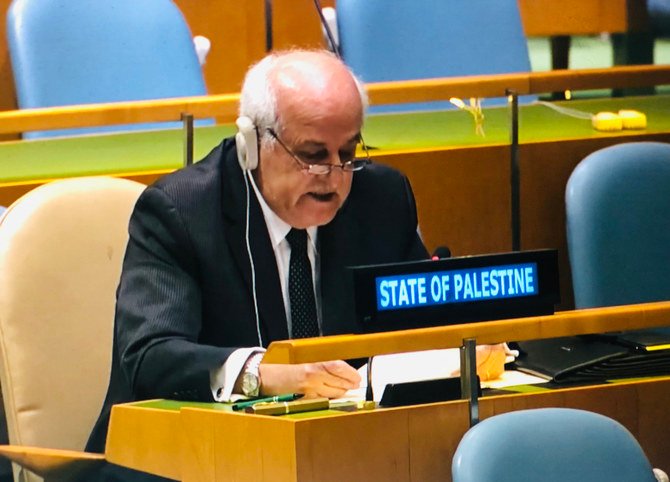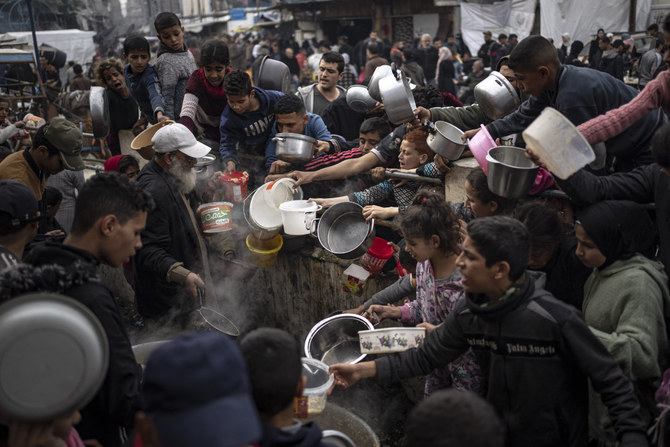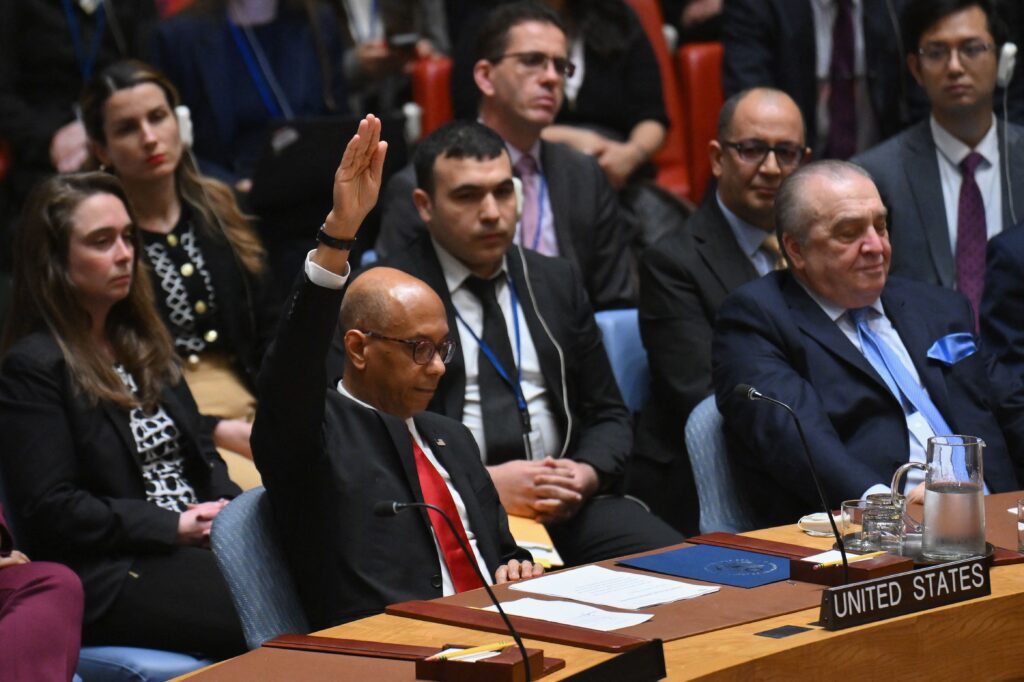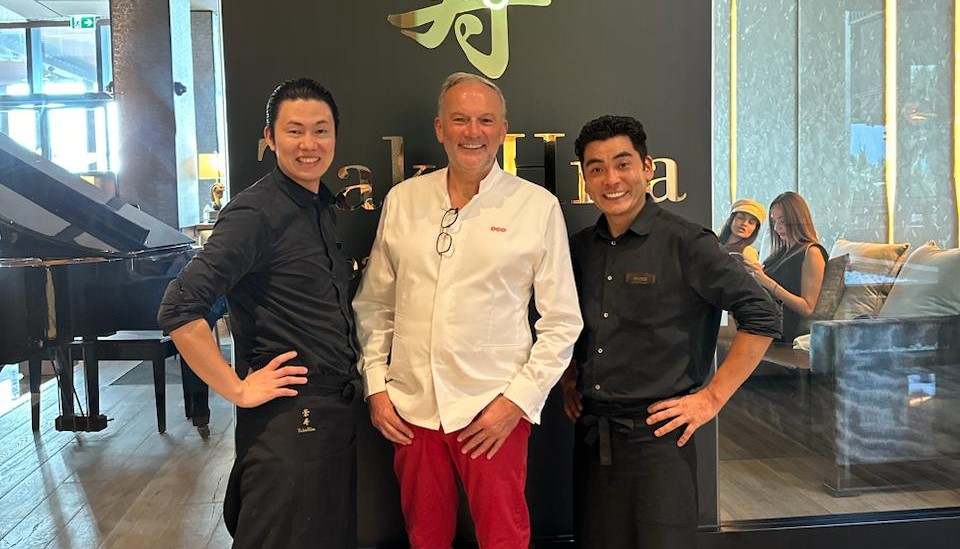Ephrem Kossaify
NEW YORK: Riyad Mansour, the Palestinian envoy to the UN, on Thursday called for a renewed show of will from the international community to tackle the problems his people continue to face.
He said that the tools for achieving peace in the conflict between the Palestinians and Israelis — namely UN resolutions — set out the terms of reference for a just solution with global backing, but “what is the missing is the will.”
“We appeal today for the will to learn from past mistakes and avert repeated failures; the will to uphold the law in all circumstances,” he said.
His comments came as he addressed the UN’s Committee on the Exercise of the Inalienable Rights of the Palestinian People (CEIRPP), which had gathered to set out its plans for the year ahead. The program was unanimously adopted during what was its first meeting since its yearly mandate was renewed by the UN General Assembly.
The committee works to raise global awareness of the plight of Palestinians and highlight the daily challenges they face under occupation. To do this it organizes international conferences, hosts training programs for Palestinians at the UN headquarters in New York, liaises with civil-society organizations, and in November each year leads the observance of the International Day of Solidarity with the Palestinian People.
The UN General Assembly established CEIRPP in 1975 and tasked it with recommending “a program of implementation” that would enable the Palestinian people to exercise “their inalienable rights to self-determination, independence and sovereignty; and to return to their homes and property from which they had been displaced.”
This was its 402nd meeting and, as Guyana’s representative put it: “Those who created the committee did not envision that more than a generation later a just and lasting solution for Palestine would still not be achieved.”
It came just weeks after Palestinian President Mahmoud Abbas announced plans for the first parliamentary and presidential elections for 15 years in the West Bank, Gaza and occupied East Jerusalem.
In his opening remarks, UN Secretary-General Antonio Guterres said these elections will give renewed legitimacy to Palestinian national institutions.
“Elections are a vital part of building a democratic Palestinian State founded on the rule of law, with equal rights for all,” he said. “The committee’s support to these efforts will be crucial.”
The effects of the pandemic on Palestinians have been severe, especially in Gaza which has been under blockade for more than a decade.
Guterres joined the committee’s chairman, Senegalese ambassador Cheikh Niang, and its vice-chairs in urging Israel to make COVID-19 vaccines available to Palestinians, including prisoners and detainees, in keeping with its international obligations.
Committee members reiterated their commitment to a two-state solution based on pre-1967 borders, in line with international law and UN resolutions, with Jerusalem as the capital of both states and Israelis and Palestinians living side by side in peace and security.
A recent call by Abbas for an international peace conference, held under the aegis of the UN and an expanded Middle East Quartet that includes regional players in addition to the current participants (the UN, the EU, the US and Russia), was also hailed as a positive step.
Guterres stressed the importance of the role of CEIRPP in mobilizing international opinion and assisting efforts to resume peace talks between the Palestinians and Israelis. He also urged both sides in the conflict to refrain from any unilateral acts that might jeopardize the possibility of restarting negotiations.
Niang asked: “Do we still need to recall that Israeli settlements in occupied areas are illegal under international law?”
He added that the international community has condemned the recent announcement by Israeli authorities that they plan to build 800 new housing units in the West Bank, in addition to 12,000 units announced in 2020, and the retroactive “regularization,” under Israeli law, of two additional illegal outposts.
He also noted that “a new road was opened in Jerusalem region which separates Palestinians and Jewish settlers. (It) was called Apartheid Road, even by Israeli media and (Israeli) human rights groups.”
Such moves by Israel, combined with the “catastrophic” situation in Gaza, “sap the trust between parties,” Niang said.
Only a just and lasting solution to the conflict, he concluded, “would allow us to face the challenges we’re facing beyond the Middle East: terrorism, violence, poverty and exclusion.”
The UN Relief and Works Agency for Palestine Refugees in the Near East (UNRWA) continues to face serious financial difficulties after former President Donald Trump withdrew US financial support to the agency.
His successor, Joe Biden, has pledged to restore aid but the committee urged all UN member states to ensure the agency has sufficient and sustainable resources to “attract international solidarity to the Palestinian people.” A meeting with the head of UNRWA Philippe Lazarini will take place this month to discuss the issue.
“Your principled solidarity is deeply appreciated and needed now more than ever,” Mansour, the Palestinian envoy, told the committee.
“As the international community confronts the COVID-19 pandemic and an array of other crises, from poverty and hunger to climate change to conflict, and the grave humanitarian, socioeconomic and security consequences, the goal of building back better must be broad and inclusive. We appeal that Palestine not be the exception to these lofty goals.”
The CEIRPP represents the essence of multilateralism and a commitment to international law as the keys for resolving the conflict, he said.
“The foresight of those who preceded us and established the committee in 1975 should be recognized, for long before us they sought peaceful diplomatic means in a spirit of dialogue, collective responsibility and action as the path for a just solution,” he added.
“That same spirit is what is most needed today and is being widely summoned to tackle other urgent global issues, based on the rule of law and our common values and goals.
“There are those who say that the problems are too many, the obstacles too great, and that now is not the time for grand initiatives for peace. Such views contradict the mandate and purpose of this committee and, indeed, the purposes and principles of the UN.
“For those denied their freedom, rights and dignity — the essence of human existence and survival — nothing is more urgent. How can we ever say that the time is not right to protect human rights, to end conflict and make peace?”






















